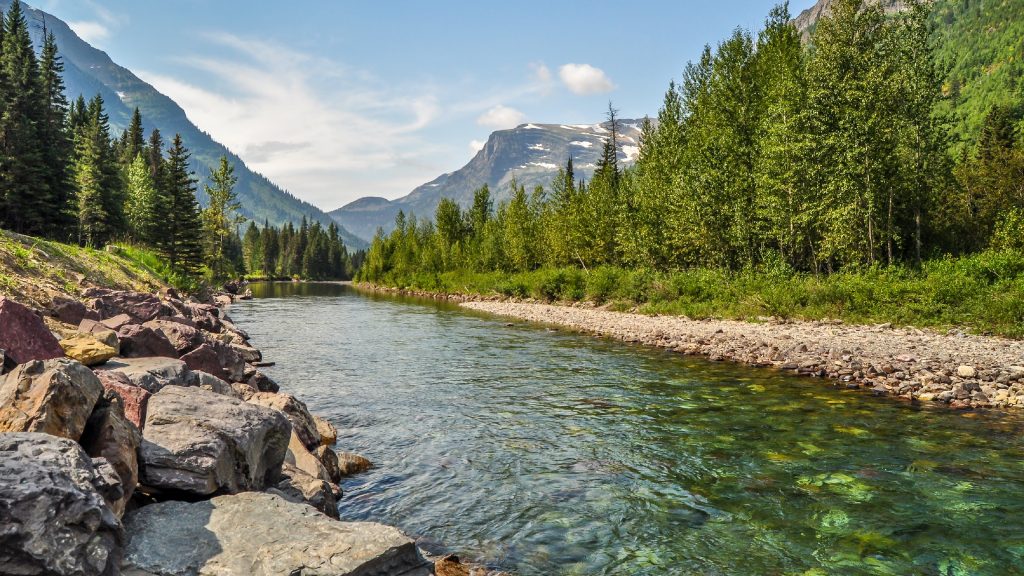
Climate anxiety is an increasingly used term that refers to fear about the future of the planet.While academic research linking mental health to climate change is limited, it is important to acknowledge its existence and how it is indeed a threat to our physical and mental health.
Statistics from a recent American survey show that predicted climate changes cause fear in 57% of American teenagers and despair in 43%. As the climate crisis worsens, many of us are experiencing high levels of stress, shock and sadness.
What can help us?
Green therapy or ecological therapy. Researched and developed by Theodore Rozask, it examines the relationship humans have with nature.This practice emphasizes that people are part of the larger ecosystem.
Ecotherapy participants primarily do outdoor activities in nature as a form of self-care or therapy.Whether it's walking in nature, listening to music in a green space, or other outdoor activities, studies have noted that people who participate in nature activities have reduced levels of worry and anxiety.While ecotherapy is broad, it provides alternative forms that people feel more comfortable participating in, such as hiking, running, or gardening.Here are 6 forms of green therapy you should know that can help.
#1 – ANIMAL-ASSISTED THERAPY
This practice examines animal-human relationships as therapy for reducing stress, improving mental health and anxiety-related problems.This includes spending time with animals such as horses, dogs, cats, pigs or even birds.
Find out if animal-assisted therapy is offered in your area. The following are websites from relevant associations.

#2 – FOREST SWIMMING
Swimming in icy waters, surrounded by greenery is an ancient Japanese practice that invigorates the body and spirit. But one does not need to be a guru to understand the benefits of such an occupation. Forest swimming prompts us to explore forested areas away from electrical devices. It focuses on six main points: ears, eyes, mouth, nose, feet and hands.Although a guide or teacher is not always required, you can find groups that often organize these types of getaways in different parts of Greece.Some tested ideas from us are:
– Air-conditioned diving in the Blue Skra Lake of Kilkis.
– Bathing in the waterfalls of Enipeas after hiking on Olympus.
– Hiking in the river to the source of the river Acheron.
– Kayaking with a guide on the Nestos River and stops for food and swimming.
– Bathing in Kolymbithres in Papigo, Zagorochoria.
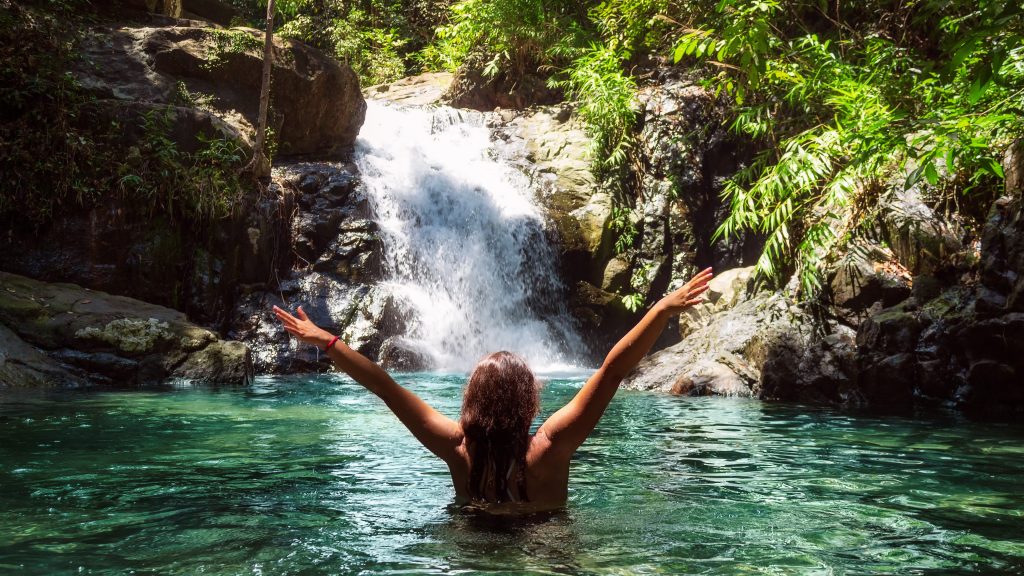
#3 – GARDEN THERAPY
Just the thought of adding a little more green to our planet is enough to make us feel better, because gardening not only helps us develop new skills but also helps us appreciate our relationship with the environment. It has been shown to improve memory, cognitive abilities, task initiation, language skills and task organization. Horticulture classes have been designed that teach about plant selection, planting and care. But it is not necessary to enroll in a department. While many of us may not have access to gardens in our homes, you can either look for your local community garden, ask a neighbor or grow a 'mini' garden in your own home.
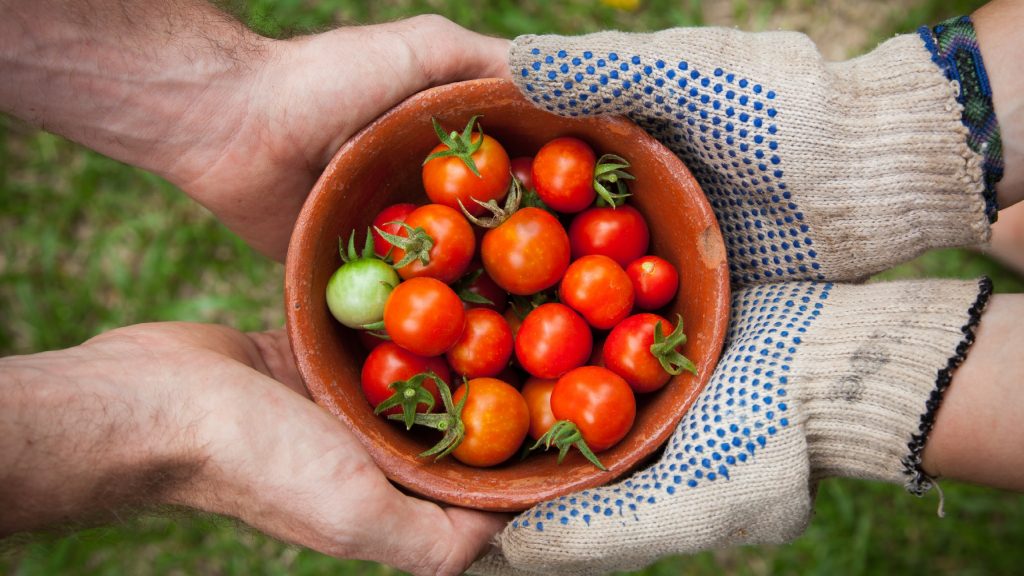
#4 – ΧAΡΤΟΓΡΑΦΗΣΗ ΗΧΟΥ
Although not considered a form of green therapy, sound mapping is an emerging activity generally done in environmental education programs.Participating is simple – all you need to do is go outside with a pen and paper, close your eyes and listen carefully to your surroundings.Whether it's wind blowing in a certain direction, birds chirping, or bushes rustling, you can mark these sounds on your map by creating a cluster of symbols.Maybe a cloud for wind, a bird for chirping, and a zig-zag for rustling in the bushes.
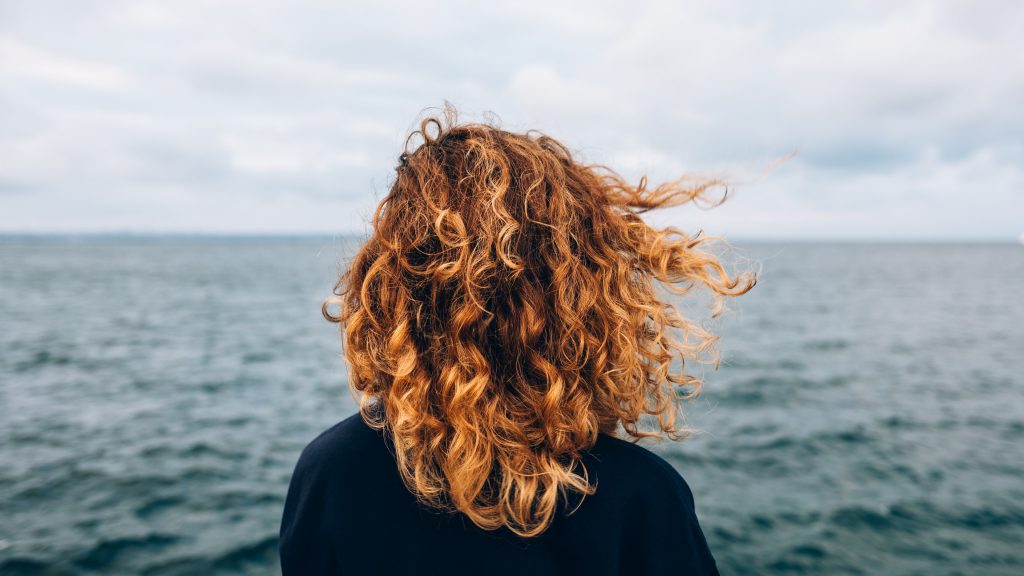
#5 – LOW FOOTPRINT
Greener choices make us feel better about contributing to the problem. Living green may seem difficult or expensive, but it's actually easy and doable and cheaper in the long run.
At first we have to make a small investment by buying a good bag or canvas bags, but then there is a significant depreciation and we get things that last longer.
- At home it is good to use biodegradable or compostable bags, in case there is a "brown" compost bin in the neighborhood. At best, you can make your own compost in a wooden box, throwing some organic waste, and use the compost as a natural fertilizer for your plants.
- In the kitchen, instead of a sponge, you can use a brush made of natural materials and a biodegradable absorbent cloth.
- In the bathroom, you should prefer recycled and biodegradable toilet paper, natural solid soap in bars and shampoos that are not in plastic packaging. There are also wooden or biodegradable toothbrushes and organic toothpastes.
- If you want to get more involved, you might want to consider vegetarianism or more specialized laundry, while you can set yourself small eco-challenges and eco-goals.
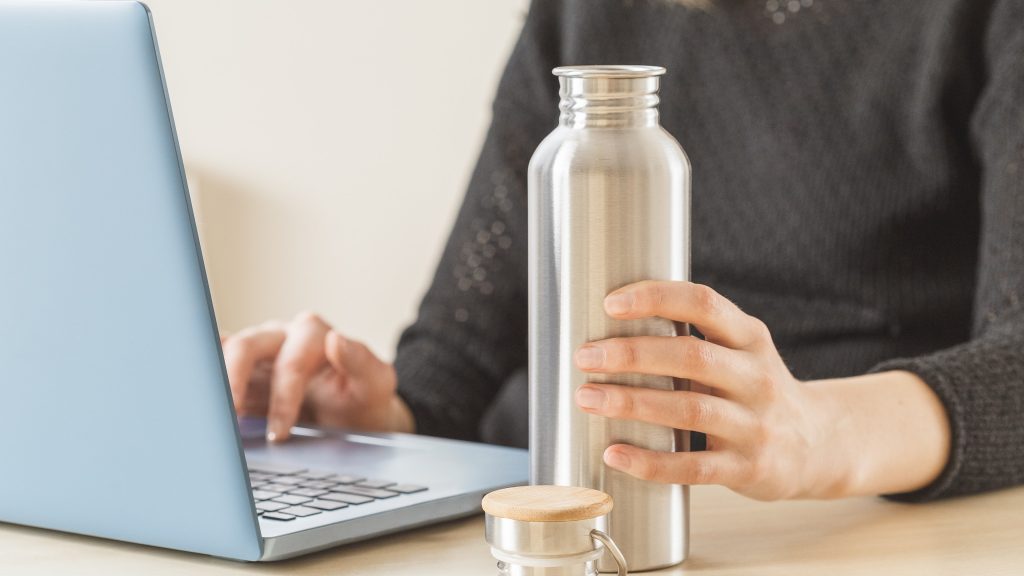
#6 – CONSERVATION ACTIVITIES
Studies have shown that those struggling with their mental health are encouraged to participate in restoring ecosystems in their cities.Conservation projects range from planting trees to cleaning beaches, rivers or picking up trash.Participating in conservation-related projects helps create a sense of purpose and hope for the future health of the planet. Here are some agencies that are active in this area:
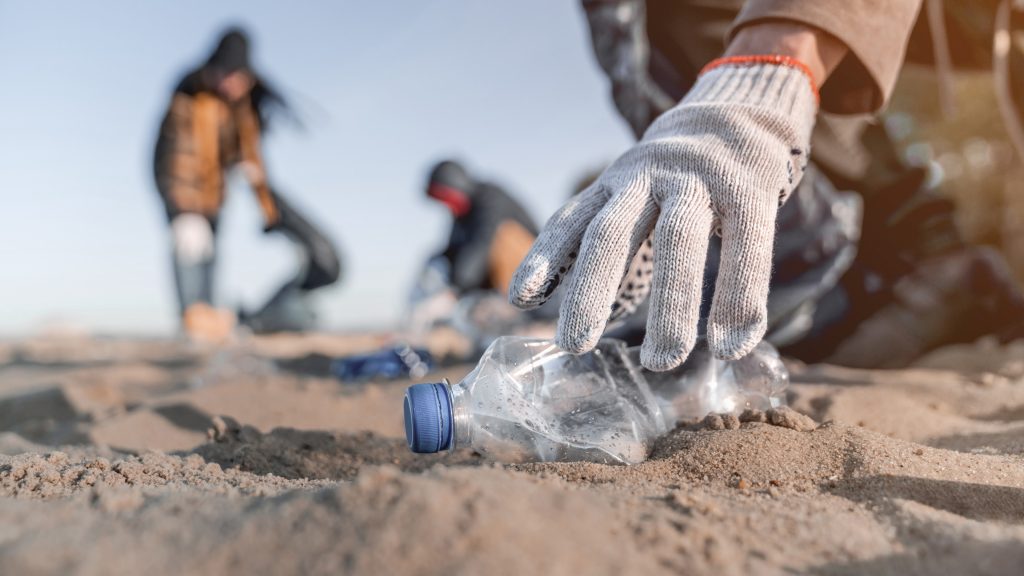
Finding forms of green therapy should be fulfilling and affordable for you, so be sure to choose one that truly makes you feel connected to nature.Supporting the planet requires an investment in your physical and mental health first.Always remember that nature heals.
